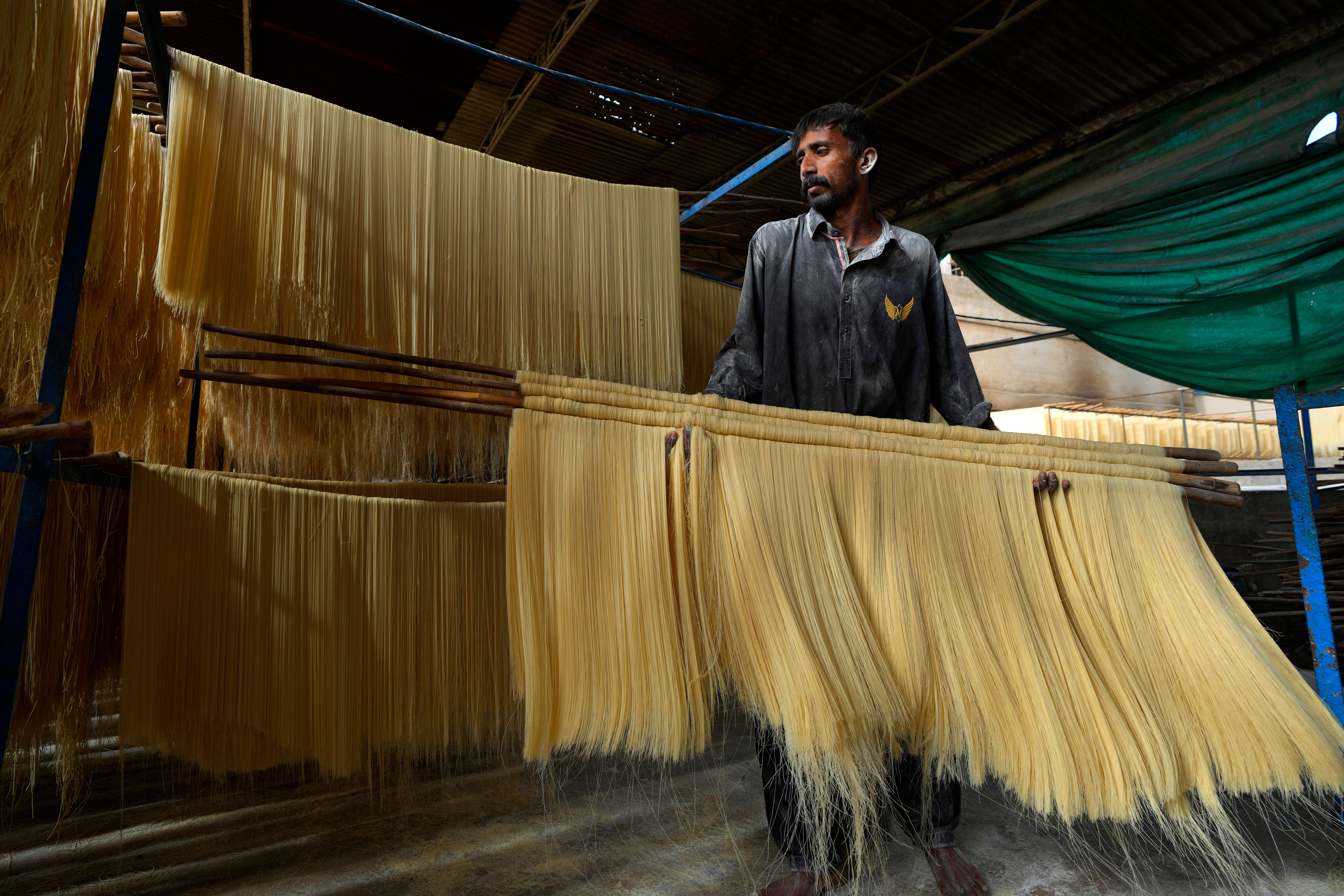IMF slashes cash-strapped Pakistan's growth outlook to 0.5%
The International Monetary Fund has slashed the growth outlook for cash-strapped Pakistan, forecasting the South Asian country’s fragile economy will grow just 0.5% this year, down from 6% in 2022

Your support helps us to tell the story
From reproductive rights to climate change to Big Tech, The Independent is on the ground when the story is developing. Whether it's investigating the financials of Elon Musk's pro-Trump PAC or producing our latest documentary, 'The A Word', which shines a light on the American women fighting for reproductive rights, we know how important it is to parse out the facts from the messaging.
At such a critical moment in US history, we need reporters on the ground. Your donation allows us to keep sending journalists to speak to both sides of the story.
The Independent is trusted by Americans across the entire political spectrum. And unlike many other quality news outlets, we choose not to lock Americans out of our reporting and analysis with paywalls. We believe quality journalism should be available to everyone, paid for by those who can afford it.
Your support makes all the difference.The International Monetary Fund has slashed the growth outlook for cash-strapped Pakistan, forecasting the South Asian country's fragile economy will grow just 0.5% this year, down from 6% in 2022.
The latest data on Pakistan's ailing economy was released by the IMF on Tuesday, when it unveiled its World Economic Outlook report in Washington.
The IMF also forecast 27% inflation in the impoverished Islamic nation for 2023.
The global lender warned that unemployment will continue to rise in Pakistan. The country is struggling to avoid a default as it recovers from destruction caused by last summer's floods, which killed 1,739 people and caused $30 billion in damages.
The coalition government of Pakistan's Prime Minister Shahbaz Sharif is in talks with the IMF to receive a key tranche of a $6 billion bailout package signed in 2019 by Sharif's predecessor Imran Khan. Sharif's government in recent weeks slashed subsidies and raised taxes to comply with the bailout terms and secure the release of the $1.2 billion portion of the deal that’s been stalled since December.
But those measures resulted in increases in the price of food, gas and power in Pakistan.
Sharif's government has become unpopular because of higher food costs, although he blames Khan, who is now the country's opposition leader, for mismanaging the economy when he was in power.
Khan was ousted last April in a no-confidence vote in parliament, and since then he has been leading rallies in a failed attempt to force Sharif to agree to an early election, which is scheduled for later this year.